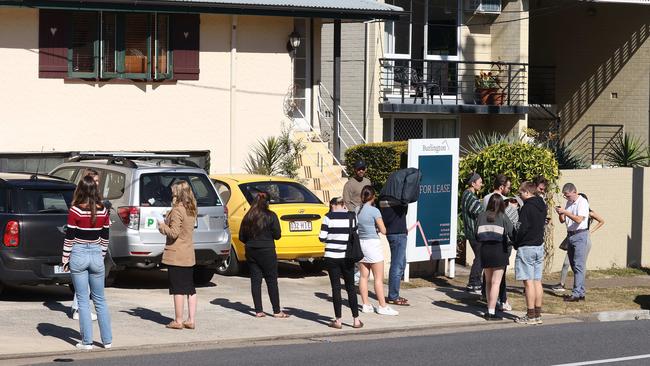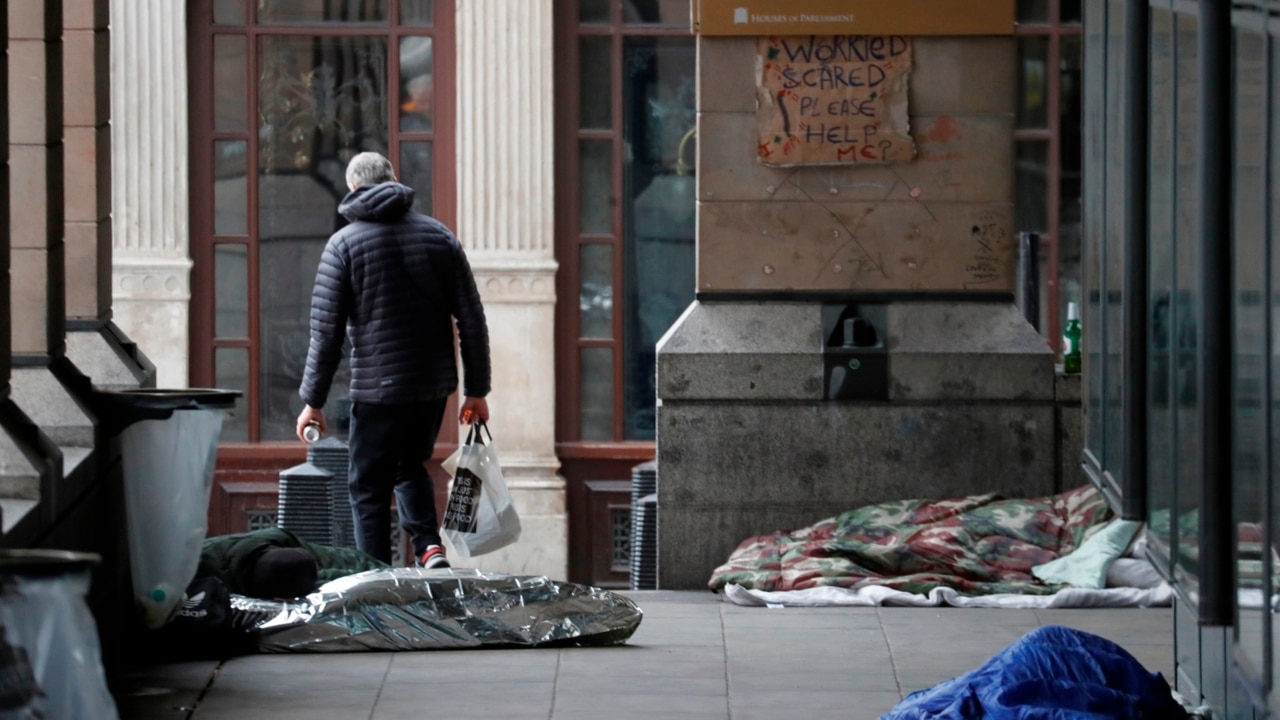Interest rates see recent property investors face a negative gearing hit
Ultra-low cash rates on offer through the pandemic allowed some property investors to be cashflow positive from day one of ownership. But new data reveals their radical change in fortunes.

More than four in five investors in Sydney and Melbourne who bought property since the start of the pandemic are negatively geared as a result of soaring interest rates and rent rises being unable to cover repayment costs.
Data from PropTrack for The Australian reveals 66.4 per cent of recent investors nationally are operating with negative cashflows.
Senior economist at the data firm Paul Ryan said the ultra-low rates on offer through the pandemic created an unusual predicament, allowing some investors to be cashflow positive from day one of ownership.
“What we’re seeing since the pandemic is mortgage rates increase faster than rents, although rents have increased very quickly,” Mr Ryan said. “The balance has shifted as we’ve come out of the pandemic and interest rates have increased.”

PropTrack analysed homes that changed hands between February 2020 and June 2023 that were then listed on rental markets via Realestate.com.au and assumed they were purchased with a standard 20 per cent deposit.
The highest rates of negative gearing were in Sydney and Melbourne, where 87.5 per cent and 83.3 per cent of rental properties respectively required out-of-pocket spending to cover costs.
Instances were also high in Tasmania and Canberra, with negative cashflow affecting 73.7 per cent and 67.1 per cent of rentals
“We’re always likely to see more cases of negatively gearing at the moment (in Sydney and Melbourne) because prices are higher and rental yields are lower,” Mr Ryan said.
“The balance there has been more capital gains.”
Positive gearing was most prevalent in Darwin (34.1 per cent) and Perth (39.6 per cent), while some three in five properties were in negative positions in Brisbane (60.3 per cent) and in Adelaide (58.7 per cent).
The founder of investor buyers agency Propertyology, Simon Pressley, estimates the average investor with a property in one of Australia’s two largest cities will be out of pocket by $40,000 each year.
It’s not just rates that have gone up, he said, but other typical costs, such as property management fees, council rates, repairs, maintenance and insurance.
“All the commentary today has been around the tenant not being able to afford rising rent, and then the blame has been pointed at the people charging the rent,” Mr Pressley said
“The facts are the facts – for the people providing the accommodation, expenses have blown out by a heap more than for the person living in the accommodation.”


While repayments are rising on the back of a dozen rate rises, the number of investors selling their properties has begun to show signs of slowing from Covid-highs.
The value of investor lending rose through May but still sits well below 2022 peaks in activity.
Mr Pressley said he believed investors needed greater rate stability to re-enter the market in larger numbers.
“If we get a sustained period of time of interest rates being left on hold, over time you gain confidence,” he said.
“It says from a cash flow point of view, I can budget now with a greater degree of confidence.”
Mr Ryan also highlighted the political war of which investors had become the centre, with the looming threat of rental freezes and caps.
“I think that uncertainty will weigh on investor activity,” he said.
For the first time in a decade, renters are better off than homeowners, according to data from Investment Bank Jarden, with home loan repayments doubling from 24 per cent to 44 per cent as a portion of net income.
PropTrack expects the trajectory of rental growth to slow in the short to medium term.






To join the conversation, please log in. Don't have an account? Register
Join the conversation, you are commenting as Logout